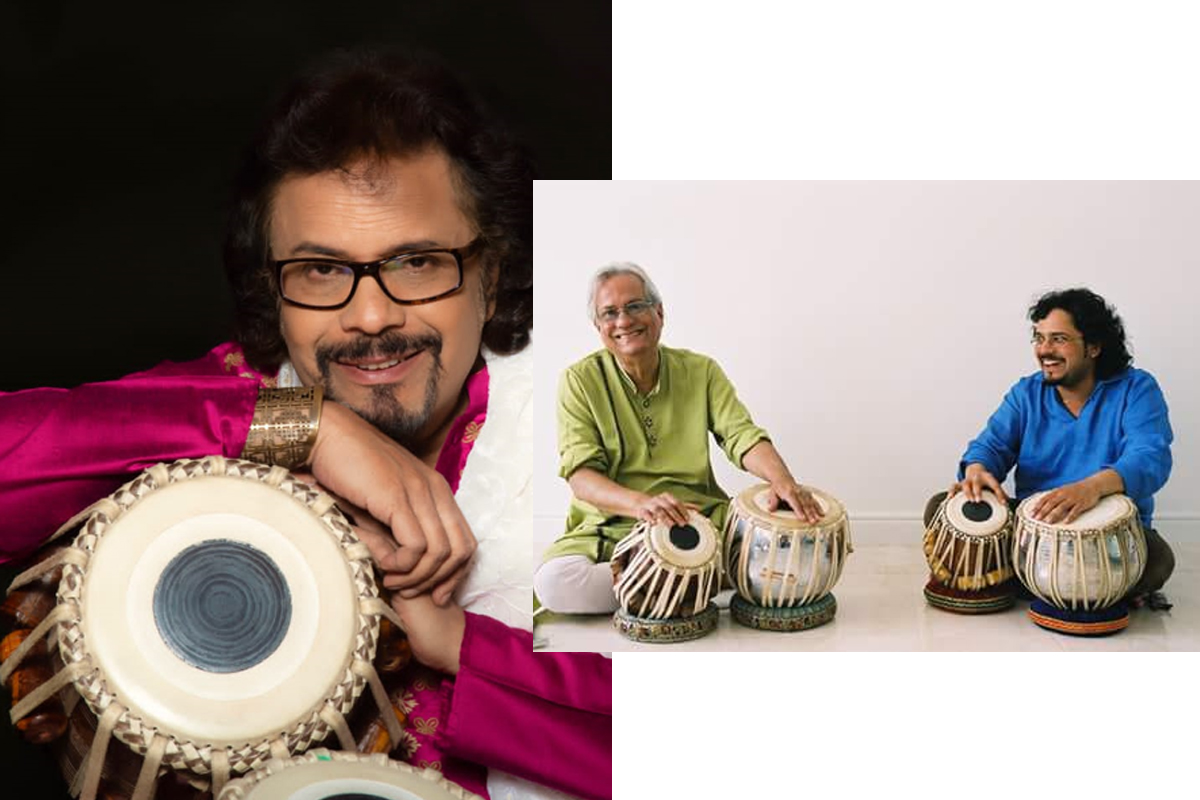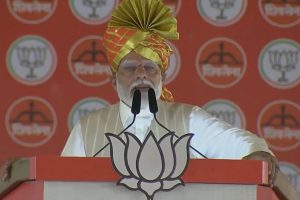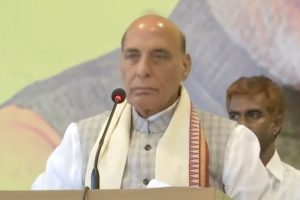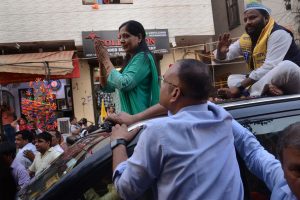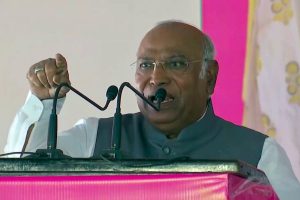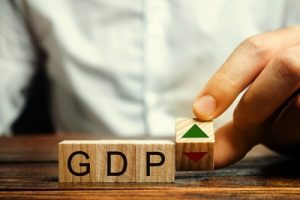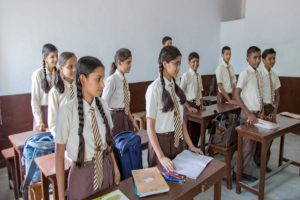Tabla player Bickram Ghosh may have many adjectives added to his name, like fusion artist and experimenter, but at the core, he is a classical musician. He considers his father’s book Anadhdha a truly learning book.
The book, which was released at the International Kolkata Book Fair, Bickram considers a “Bible for table”. “My father, Pandit Shankar Ghosh, wrote it in the early 90s. Earlier, it was released in Bengali, but now it is in much more detail, along with the English version. It is the culmination of the subject on which he has lived all his life. My attachment to it is as a tabla player, a music student, and also as a teacher. It will interest anyone who has a knack for rhythm,” says Bickram.
Earlier, he was one of the greatest gurus, but now, with this book, he is also a chronicler. He brings to the table his vast learning of the subject and also learning of what he discovered and how he interprets it, says Bickram.
The book is a lot about rhythm, which is intrinsic to any musician. The percussionist adds that though changes in music over the years have happened, in terms of content, nothing has changed, he says, adding, “Rhythm is all important, even more than melody. It is because your heart is a beat, and a pulse is a rate, which means there is rhythm. If your heart is not beating at a certain rhythm at a particular beat, then you are sick. Rhythm is basic to any living being.”
The percussionist feels what has changed today is the context and not the content, just like the soundscape has changed. “If it is an electronic or live rhythm, people are attracted to it. I would not have been popular if the instrument I play was not popular. The tempo has become a bit faster, but the rhythm is supreme.
Ask the musician if he deliberately chose the mantle of an experimenter. Bickram dispels the notion when he says, “I was not this experimental as a youngster but was very curious. There have been a few features in my growing-up years that have contributed to who I’m today: the experimenter, the fusion artist, etc. My core is a classical tabla player. My first foray into fusion music, Rhythmscape, came out when I was 34. Until then, I had not done anything outside of classical music. Let’s not forget that I come from a family of classical musicians. My father is a tabla player, and my mother is a singer. But I went to La Martiniere for Boys school, and there, nobody was listening to Indian classical music. Everything was Western. We had a band in school called the Satellite. In the band I was playing conga, I was into Bee Gees, the Rolling Stones, the Beatles, etc., at that time.”
Bickram remembers that after school, he would walk down to Ustad Munawar Ali Khan Saab’s house as his mother learnt singing from him. “Khan Saab was Bade Ghulam Ali Khan Saab’s son. I would start playing with Khan Saab. So, there was a juxtaposition even then. For me, there was no contradiction. This came naturally to me. I think that contributed to my forays into experimenting with other instruments and cultures. My father’s drum orchestra used to rehearse at home, so instruments like the khol, congas, dholak, and jal taranga were there at home. Maybe that is why I never found any contradiction with my core classical base,” adds Bickram, who has been curating the Serendipity Arts Festival in Goa. “I have been curating for the last three years. It is the biggest festival in Southeast Asia. I’m also curating abroad for other shows. This is another side of me, which I find very exciting. I let unlikely musicians do something very avant-garde. We got the young rappers to rap on nine Indian rasas, interpreting through old instruments.”
Bickram is also busy doing film music, but he prefers to restrict his film music as he wants to spend time on a lot of other activities, like playing the Drums of India at the Granada Festival in Spain in June and in other parts of Europe.
Though busy, he hopes to complete his book on his life in the next six months, which is ‘half complete’.

